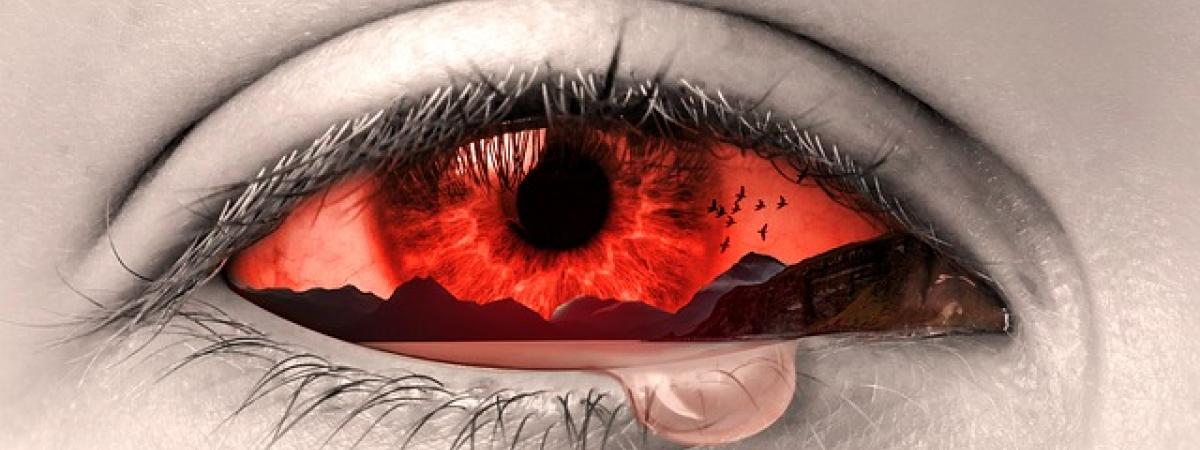Why do humans cry?
published in Reader's Digest,
11 July 2017

Charles Darwin thought that tears served no useful function; Charles Dickens urged his readers to “cry away” since it “opens the lungs, washes the countenance, exercises the eyes and softens down the temper”. Who was right?
My story
I didn’t cry at my grandmother’s funeral when I was 13. I felt sad but tears didn’t come; I watched as my older cousin wept. I’m a nurse in a care home and I’m daily driven close to tears by loss.
I can seem to control my crying though. I’ve managed to be strong for families as their loved one passes away, but memories of the departed resident may well sneak out of my eyes and roll down my cheeks at a later date. Why though, do I cry hopelessly at something insignificant as a soap opera wedding or a tear-jerker on a TV talent show?
Is crying a form of communication?
For babies especially, crying is an effective means of communication, drawing attention and eliciting support and comfort from parents. In mothers, an infant’s cries cause a rise in breast temperature, milk letdown and release of the ‘cuddle hormone’ that promotes bonding between mother and baby.
Interestingly, babies may also be learning something about their native language as they cry. French and German babies make different crying sounds, mimicking the sounds of their mother tongue, crying with an ‘accent’.
Do we cry when we are sad?
A friend called to tell of his bereavement: he couldn’t speak for crying. The nation wept at the devastation of Grenfell Tower.
Sadness and tears don’t always go together, though. In a severe form of depression known as melancholia, patients simply can’t cry. In fact, they just can’t feel anything. What’s more, some antidepressants impair crying.
Is it a sign of illness?
A small number of patients with stroke, brain injury, Parkinson’s or Alzheimer’s suffer from what is called ‘pathological crying’ – crying without apparent reason because of changes to the brain.
After suffering a stroke in 1953, Sir Winston Churchill noticed that he was “always rather blubbery”. On returning to office, he was persuaded to postpone cabinet meetings, in case of breaking down in tears as people welcomed him back.
Do tears heal the eye?
Dr David Menton of Washington University describes your tears as ‘eye-washing fluid’, explaining how they contain special enzymes that keep the eye clear of infection, whilst important oils in tears reduce evaporation so that your eyeball remains moist.
To win a nation’s hearts?
When footballer Paul Gascoigne burst into tears after receiving a yellow card in the 1990 World cup semi-final, the nation welcomed Gazza as a household favourite. After being criticised for lacking emotion, Andy Murray was praised for his tears after losing to Roger Federer at Wimbledon.
Beware the crocodile tears though: Hillary Clinton has accused Donald Trump of these, though her tears are thought to have won her votes against Obama.
Ritualistic crying?
Among the Tujia people of China’s Sichuan Province, it is the duty of the bride to cry at her wedding. In Germany, the bride’s tears are seen to bring good fortune: “She who cries not before, must cry afterwards”?
Some people in Japan seek ‘mental detox’ in tears, attending “crying bars” after work instead of karaoke clubs. When Dickens said that tears “soften down the temper”, he was probably right. A good cry really can make you feel better. Tears are the only bodily fluid that do not disgust: let them flow.
